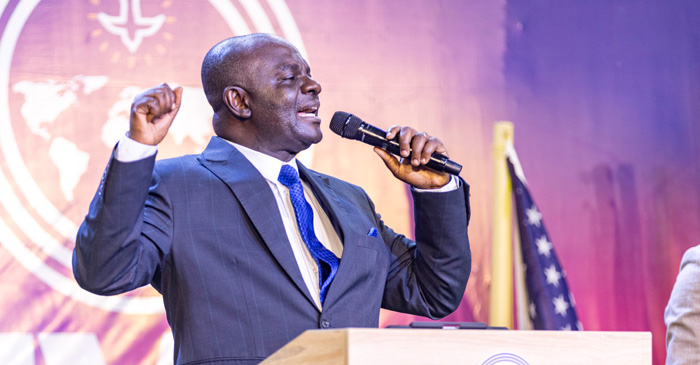
Revival is not a random spiritual outburst; it is a divine response to hearts that are rightly positioned—hearts that are humbled, broken, and hungry for God. Scripture and church history consistently reveal that penitence and fasting are key in preparing the heart for revival.
Penitence is more than mere regret; it is godly sorrow that leads to true repentance and lasting transformation (2 Corinthians 7:10). It acknowledges God’s holiness, our sinfulness, and our desperate need for His mercy. When David was confronted by the prophet Nathan, he responded with brokenness and prayed, “Create in me a clean heart, O God” (Psalm 51:10). This posture of humility is the very heart God revives.
Fasting, on the other hand, expresses spiritual hunger. It is not a way to manipulate God, but a means of humbling ourselves and declaring that He is more essential than anything else. Jesus fasted before beginning His ministry (Matthew 4), and the early church fasted before making critical decisions (Acts 13:2–3). Fasting sharpens focus, quiets distractions, and aligns our will with God’s.
Together, penitence and fasting dislodge sin, renew spiritual hunger, and create space for the Holy Spirit to move. Revival does not begin with the crowd—it begins with surrendered individuals who cry out for God’s presence.
Historically, great revivals—from Nineveh to Azusa Street—were all preceded by seasons of penitence and fasting. These disciplines are not outdated; they remain essential tools for both personal and corporate awakening.
To prepare for revival: acknowledge sin, fast regularly, pray fervently, and live humbly. Let us rend our hearts and not our garments (Joel 2:13), and prepare the altar—for God will send the fire.
Report by Elder Gideon Oduro Boateng (Macedonia Assembly, Kronum District, Suame Area)














